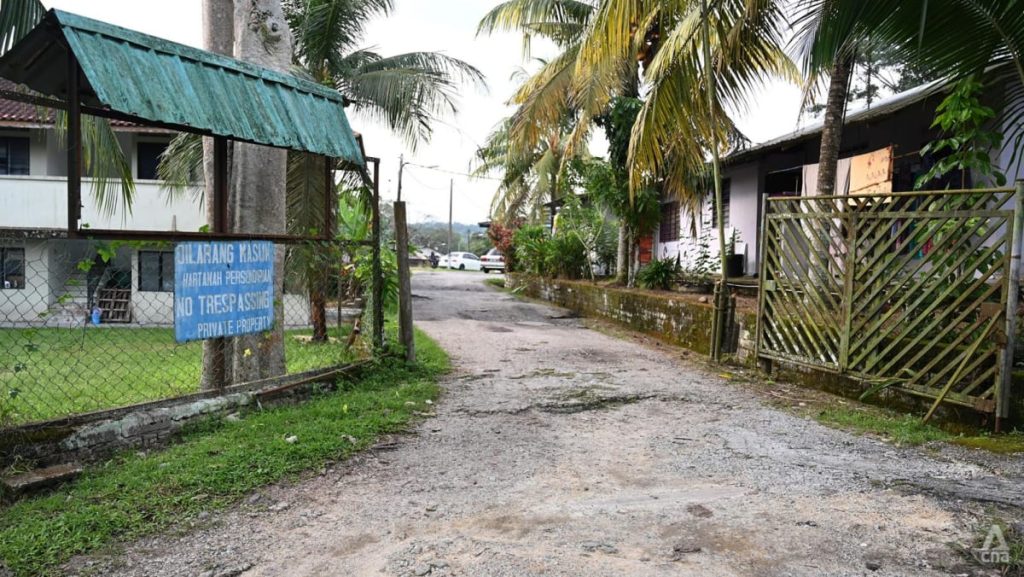The article discusses the recent incident involving a suspicious attack near a former Jemaah Islamiyah (JI) boarding school in Ulu Tiram, Malaysia. The school’s sign has been replaced with a blue board stating “No trespassing. Private property”, indicating a change in ownership or purpose. The school was originally set up by JI exiles, including founders Abdullah Sungkar and Abu Bakar Bashir, who had fled to Malaysia from Indonesia after Suharto’s anti-Islamist regime. The school had notable alumni such as Noordin Muhammad Top, the suspected mastermind of the 2009 Jakarta hotel bombings, and Mukhlas, involved in the 2002 Bali bombings.
The school was modeled after JI boarding schools in Indonesia, and the surrounding Ulu Tiram community was known for its extremist and fanatical beliefs. Despite this, Malaysian security authorities had previously neutralized the violent elements connected to the JI community in the area. However, there are concerns about a possible resurgence of violent elements from this community. More than 20 known JI members in Johor are reportedly under police surveillance, indicating ongoing monitoring of potential threats.
Experts in extremism and security caution against jumping to conclusions based on a single incident, emphasizing the need for further investigation. The suspect’s connection to JI was established through his father, and it is uncertain whether he was an actual member of the organization. The lack of leadership and decentralization within JI’s main nucleus in Indonesia suggests that this incident may be isolated. However, authorities must thoroughly assess the suspect’s motivations and objectives to determine if there is a broader plot involved.
The attack itself was described as “rudimentary”, involving what appeared to be a lone actor attempting to steal a firearm from the police. The suspect may have been inspired by similar attacks on police stations in Indonesia, such as a suicide bombing in Bandung in 2022. External events like conflicts in Gaza and perceived injustices could also have influenced the suspect’s actions. The continuity of ideology within former JI members and discreet propagation of extremist beliefs are factors that continue to pose a threat, according to experts.
Overall, the incident near the former JI boarding school in Ulu Tiram raises concerns about the potential resurgence of violent militancy within the community. While Malaysian authorities have taken steps to address past threats from the JI network, ongoing surveillance and investigations are necessary to prevent future incidents. The motivations and objectives of the suspect must be thoroughly examined to determine if there is a larger plot at play. The complex dynamics of extremism and the spread of radical ideologies underscore the need for continued vigilance and proactive measures to counter terrorism in the region.


